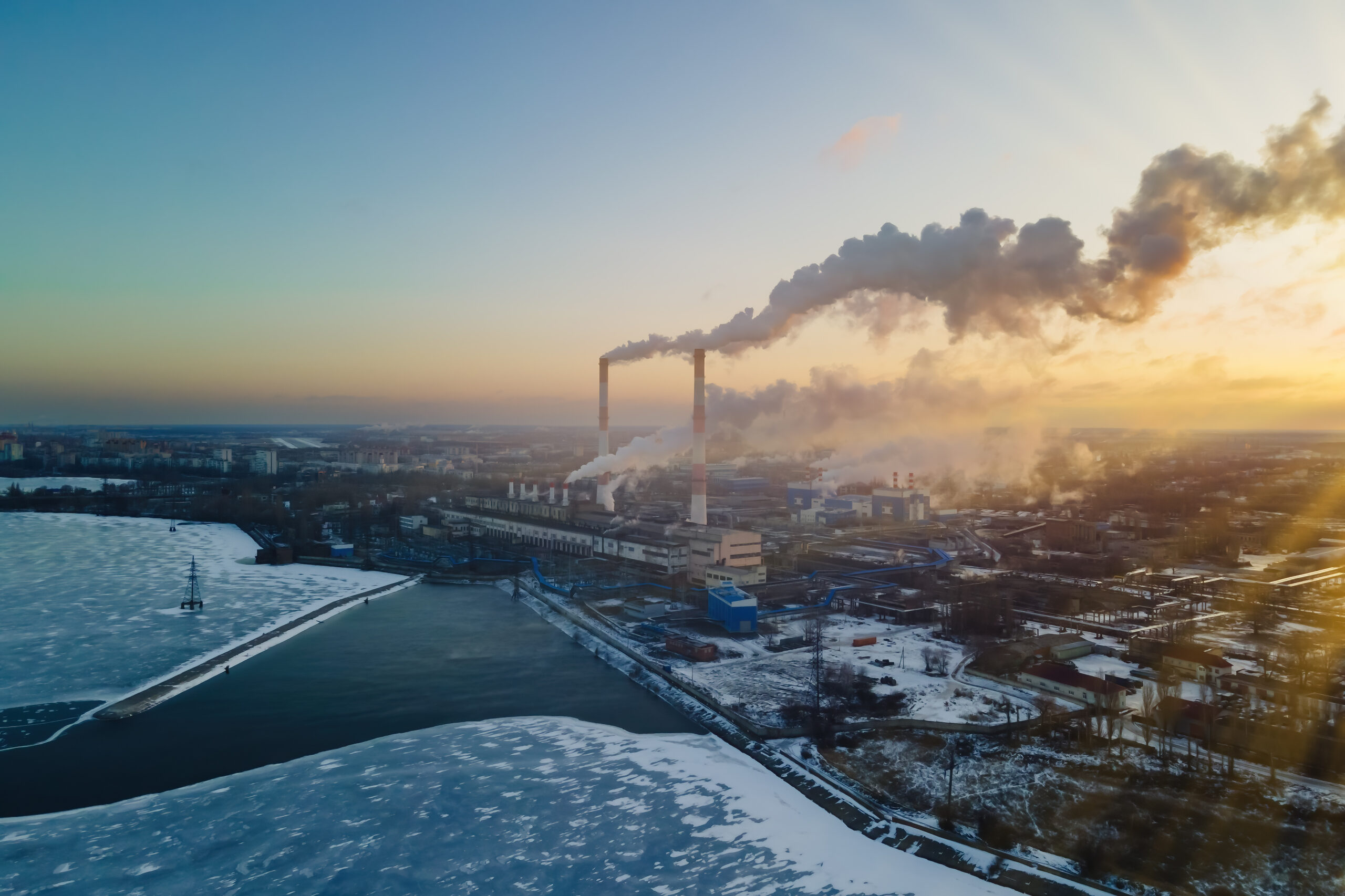More than 230 ad & PR firms greenwashing fossil fuels: report
More than 230 advertising and public relations agencies are helping to greenwash the fossil fuels industry at the mounting expense of human health and the planet, a new report reveals.

The ad and PR agencies contracted by oil, gas, and coal companies such as Saudi Aramco and Glencore work to “create a multi-billion dollar campaign to mislead and confuse the public, downplay the urgency of the climate crisis, and overstate the work they have done to find a solution,” according to the second annual F-list published on Monday by US non-governmental organisation Clean Creatives and Australian partner Comms Declare.
The fossil fuel industry’s “corporate smokescreen” of “disinformation and propaganda” — akin to the now-discredited campaign run by the tobacco industry — is supported by a bevy of ad and PR agencies and their holding companies identified in the report, which outlines the 15-year history of efforts to expose them.
Among the fossil-friendly creative firms highlighted in the report is Edelman, the world’s largest PR agency by revenue. The US-headquartered global agency has been mired in controversy for years over its current and former work for the oil industry, including the American Petroleum Institute (API), TransCanada, Chevron, and ExxonMobil, the report says.
Climate pressure campaigns may have started to chip away at Edelman’s cozy relationship with fossil fuel companies, the report notes. The agency recently dropped a contract with South Africa’s Standard Bank Group, a financier of the East African Crude Oil Pipeline (EACOP), a 1,443km (897 miles) Uganda-to-Tanzania project whose leading shareholder is France’s TotalEnergies. “While this is a sign of progress, it’s clear that more needs to be done,” the report states.
Complaints allege misleading campaigns
In the first in a series of case studies, the report spotlights energy and minerals giant Glencore which it identifies as the world’s largest exporter of thermal coal. The company’s 2022 Australian television ad campaign, dubbed Advancing Everyday Life, claims the firm is “laying the foundations for a low carbon future”, with images of solar panels, EVs, and wind turbines. Comms Declare, together with Lock the Gate Alliance and the Plains Clan of Wonnarua people (PCWP), was among the groups that filed complaints with Australia’s advertising and consumer regulators, alleging that the campaign is misleading because it neglects to mention coal, the heart of Glencore’s business.
In a second case study, the report draws attention to Saudi Aramco and at least 17 ad and PR agencies that are helping the oil giant to sanitise its brand, following the 2018 murder by Saudi agents of US journalist Jamal Khashoggi and a disappointing rollout of an initial public offering (IPO) in 2019.
Most of the ad and PR firms working for Aramco fall under the umbrella of New York-headquartered Interpublic Group (IPG). One of these subsidiaries is McCann Worldgroup, which developed Aramco’s problematic “real energy” campaign that it associated with “real sustainability”. A wave of complaints later forced Aramco to pull the ads.
Other ad and PR agencies that work with Aramco and the Saudi royal family that controls it include AKQA, BCW, and Hill+Knowlton, all of which belong to London-headquartered WPP Group, the study’s researchers found.
In a third case study, the report highlights South African chemical and energy giant Sasol. In 2019, a local subsidiary of ad agency Foote, Cone & Belding (FCB) resuscitated a popular 1999 ‘Glug Glug’ ad in which a boy’s toy car is transformed into a racing car after tanking up at a pretend Sasol petrol station. The updated ad tapped into nostalgia for the original ad, but with a progessive twist of starring a little girl and featuring women’s football.
FCB’s updated ‘Glug Glug’ campaign “manipulates viewers” by implying that Sasol cares about South Africa. “But Sasol’s enormous carbon footprint is aggravating the climate crisis and therefore ironically undermining the girl’s future,” the report says.
Wary of legal and reputational risks, most ad and PR agencies have scrubbed references to fossil fuel companies from their websites, reflecting growing corporate sensitivity to climate issues and underlying contradictions in their policies.
WPP says it will slash emissions from its own operations — Scope 1 and 2 emissions — to net zero by 2025, and will reach net zero across its supply chain — Scope 3 emissions — by 2030. But the report notes that WPP continues to work on behalf of BP, Shell, ExxonMobil, and Chevron. IPG has issued less explicit climate goals and continues to work for ExxonMobil, Aramco, Valero, Repsol, and Equinor, the report says. Fossil fuel companies also grace the current or recent client rosters of other ad and PR holding companies, including Dentsu, Publicis, Omnicom, and Havas.
Losing appetite for fossil fuels
The report sheds light on a climate movement in the ad and PR professional community, propelled by groups such as Extinction Rebellion and Futerra in the UK. Another UK group called Glimpse is empowering creative professionals who spurn fossil fuel briefs. And an increasing number of agencies and individuals in the creative industry have signed a pledge drawn up by Clean Creatives to drop fossil fuel clients altogether. The pledge commits agencies, creatives, and strategists to refuse any future contracts with fossil fuel companies, trade associations, or front groups that underwrite them.
Clean Creatives says over 400 agencies and 1,000 individuals have pledged to avoid work with fossil fuels, including brand commitments from Everlane, Gentleman Farmer, and S’well.
The inaugural F-list issued by Clean Creatives in 2021 drew attention to 90 ad and PR agencies working for fossil fuel companies, but focused mainly on the US, Europe, and Australia. The new report, which was issued on the eve of Climate Week NYC, targets 239 agencies, expanding the focus to encompass Latin America and the wider Asia-Pacific region as well.
“The global climate emergency can no longer be denied,” the report declares. “The time for advertising and PR companies to reject fossil fuels is now.”
